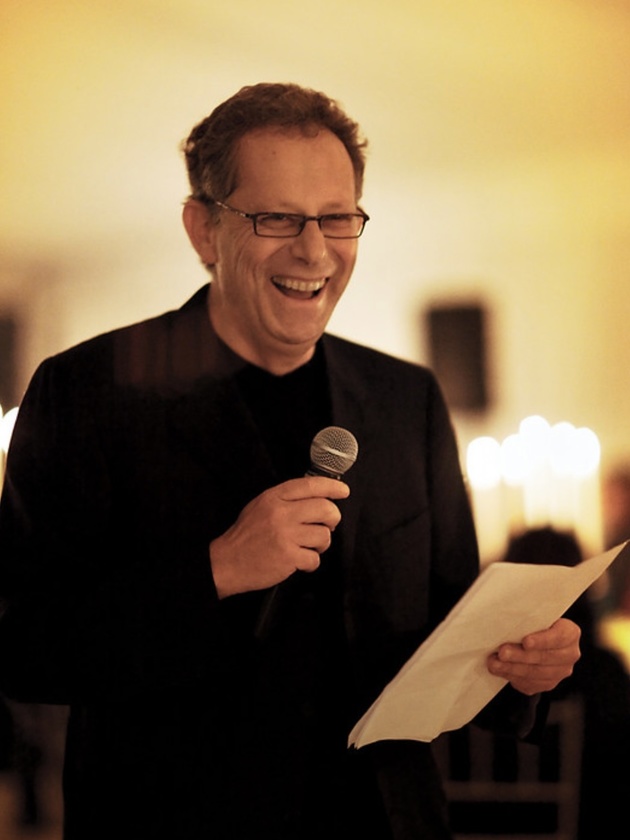I am sad to report the passing of my dear friend and "struggle buddy" Theo Schkolne, who died Sunday evening at the age of 70 after battling illness for the past year.
Theo was my best friend in Cape Town during my 7-year sojourn there. We spent several nights a week dining together, including late Friday nights at our friend Sam Rabinowitz's cottage in Sea Point, a Shabbat gathering that sometimes concluded at a bar or two nearby.
Theo was a brilliant psychologist who was meticulous in his forensic work, which involved victims of serious physical trauma. He was the person who, more than anyone else, rescued me from a conventional view of politics and helped me see the human beings and personal motivations beyond ideological and rhetorical battles. Together with David Hersch, Theo and I mounted an independent effort to challenge dogmas about the Israeli-Palestinian conflict in post-apartheid South Africa. Theo challenged participants in the debate to show equal empathy to both sides and to ...

This week’s portion launches the great story of Abraham, who is told to leave everything of his life behind — except his immediate family — and to leave for “the Land that I shall show you.”
There’s something interesting in the fact that Abraham is told to leave his father’s house, as if breaking away from his father’s life — but his father, in fact, began the journey, moving from Ur to Haran (in last week’s portion). His father set a positive example — why should Abraham leave him?
Some obvious answers suggest themselves — adulthood, needing to make one’s own choices, his father not going far enough, etc.
But I think there is another answer. Abraham (known for the moment as Abram) needs to establish his own household. This is not just about making one’s own choice, but really about choosing one’s own starting point. It’s starting over.
Sometimes we start over in fundamental ways even if much that surrounds us remains the same. Sometimes the journey we have to ...
The story of Noah is familiar; the details, less so.
Noah is often seen as an ambivalent figure. He was righteous -- but only for his generation. What was his deficiency?
One answer suggests itself: knowing that the world was about to be flooded, he built an Ark for the animals and for his own family -- but did not try to save anyone else or to convince them to repent and change their ways (the prophet Jonah, later, would share that reluctance).
Abraham, later, would set himself apart by arguing with God -- with the Lord Himself! -- against the destruction of Sodom and Gomorrah, saying that they should be saved if there were enough righteous people to be found (there were not).
Still, Noah was good enough -- and sometimes, that really is sufficient to save the world. We don't need heroes every time -- just ordinary decency.
Hi all -- as I noted last month, I'm going to be closing down my Locals page, at least for tips and subscriptions -- I may keep the page up and the posts as well, but I'm no longer going to be accepting any kind of payment.
Look for cancelation in the very near future. Thank you for your support!












